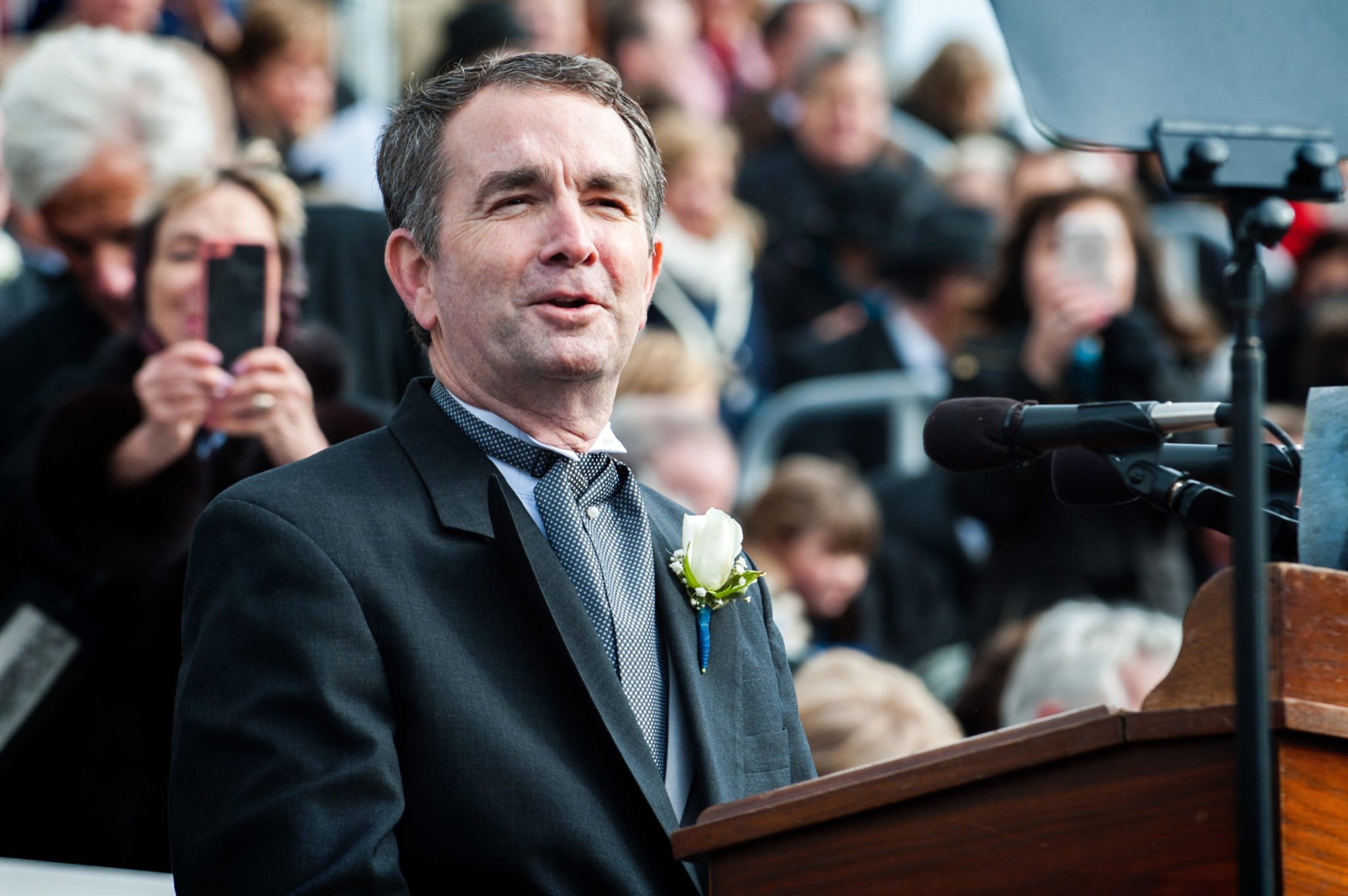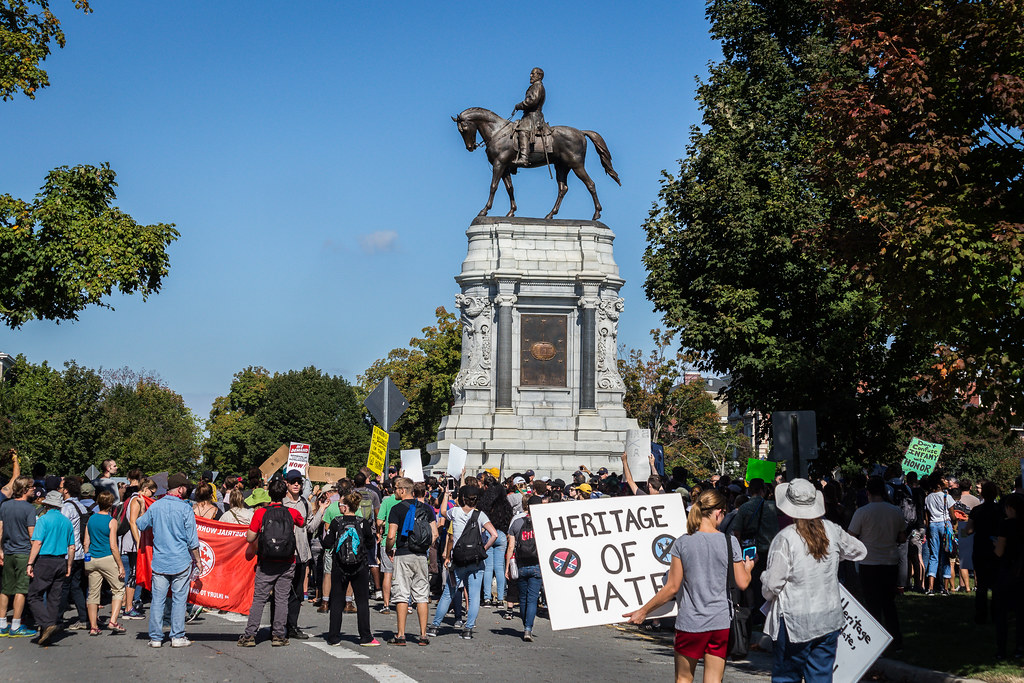Less than two months after Virginia Governor Ralph Northam found himself at the center of the nation’s media attention—and what appeared to be the end of his career—data from Google suggest he has largely left the public’s consciousness.
The governor was pressured to resign in early February after a photo surfaced of someone wearing blackface on his yearbook page. Northam initially apologized, then denied he was the subject of the picture. Soon, Virginia Democrats, including both senators, were calling for capitulation. Northam refused to step down. “I’m not going anywhere,” he told Gayle King on Face the Nation on February 11.
Instead, Northam planned a “reconciliation” tour to win back the support of constituents and keep office, starting with a scheduled visit to historically black Virginia Union University. The university swiftly declined, ending the tour before it had a chance to begin. By the time the launch was snubbed, less than three weeks after the controversy began, interest in the Northam story already began to wain in the public sphere, according to Google Trends, a tool that measures interest in topics via search queries.
Northam seems to have effectively outlasted the public’s ability to stay angry with him, perhaps benefitting from the fact that people don’t think about Virginia governors very often. The best way to survive controversy is apparently to turn off your phone for a month.
Northam’s experience is no anomaly. Just look at other Virginia public officials who found themselves in hot water at precisely the same time.
Justin Fairfax, the lieutenant governor accused of sexual assault, and Mark R. Herring, the attorney general who announced that he’d also worn blackface, both also saw spikes in interest coinciding with their controversies before the public found something else to distract itself with.
What’s trending in Virginia now, you ask? In the last 30 days, popular topics include Luke Perry, Momo, and Felicity Huffman. Neither Northam, Fairfax, nor Herring are in the Top 25.
















